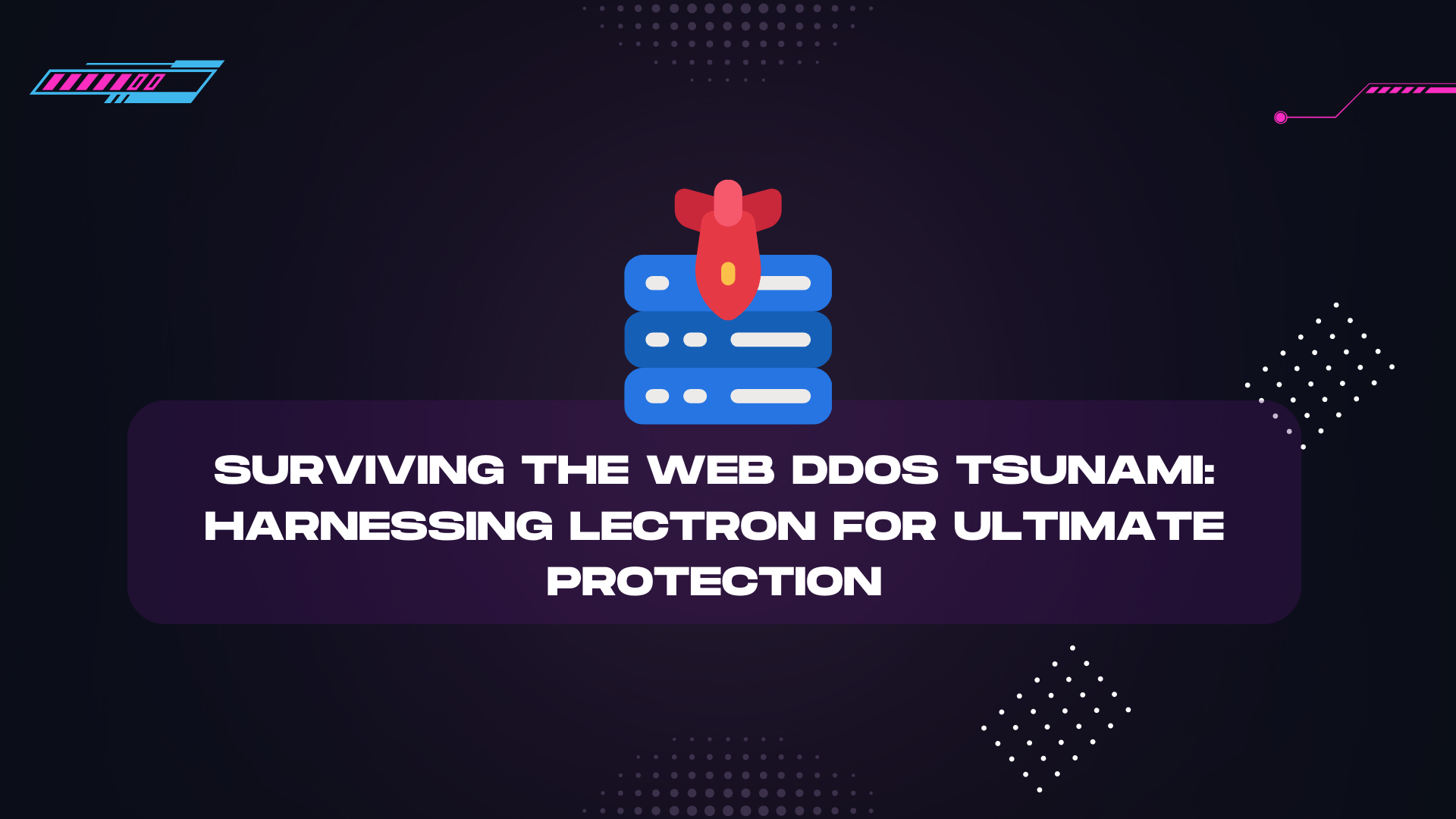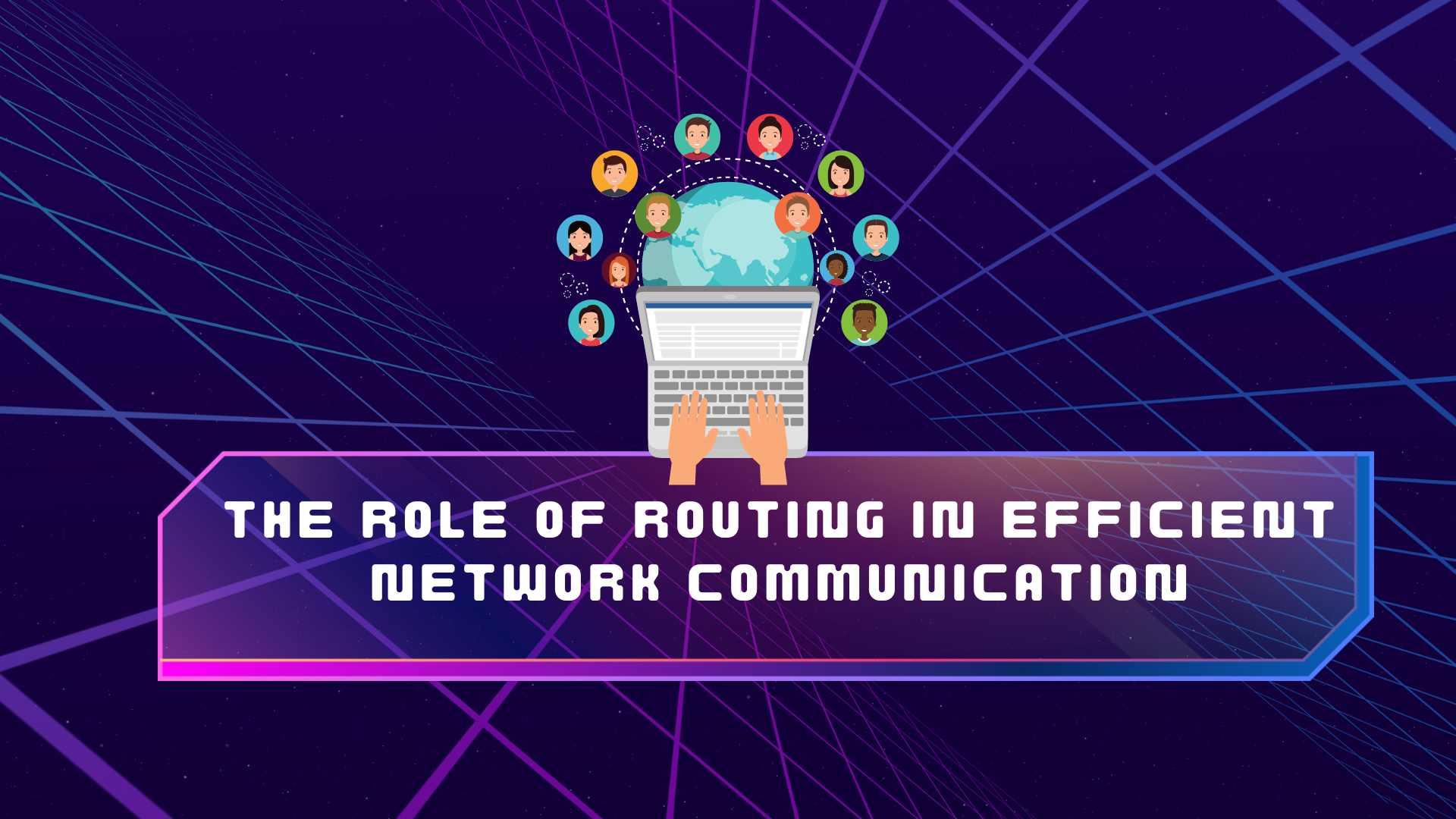DDoS attacks are one of the most common and disruptive cyber threats faced by businesses today. In a DDoS attack, a large number of compromised systems, or bots, flood a target website or network with a high volume of traffic, causing it to slow down or crash. These attacks can cause significant financial losses, damage to reputation, and disruptions to operations.
Cloud computing has emerged as a powerful tool in preventing DDoS attacks on web applications. By leveraging the scale, flexibility, and security of the cloud, businesses can better protect their systems and networks against these types of attacks. In this blog, we’ll explore the role of cloud computing in preventing DDoS attacks on web applications and provide best practices for implementing cloud-based DDoS protection.
Why Cloud Computing is Effective for DDoS Protection
Cloud computing offers several advantages over traditional on-premises solutions for DDoS protection. Here are a few reasons why cloud computing is effective for DDoS protection:
- Scalability: Cloud computing offers virtually unlimited scalability, allowing businesses to easily scale up or down their DDoS protection in response to changing traffic patterns. This flexibility ensures that businesses can effectively handle sudden spikes in traffic during a DDoS attack without compromising performance or availability.
- Security: Cloud computing providers invest heavily in security measures, including firewalls, intrusion detection and prevention systems, and other advanced security technologies. These measures are designed to protect against a wide range of cyber threats, including DDoS attacks.
- Cost-effective: Cloud-based DDoS protection can be more cost-effective than traditional on-premises solutions, as businesses only pay for the resources they use. This means that businesses can scale up their DDoS protection as needed without incurring additional hardware or software costs.
- Expertise: Cloud computing providers have deep expertise in DDoS protection and can offer businesses access to advanced security technologies and threat intelligence. This expertise allows businesses to benefit from the latest DDoS protection techniques without having to invest in expensive security resources.
Best Practices for Implementing Cloud-based DDoS Protection
Here are some best practices for implementing cloud-based DDoS protection:
- Choose a reputable cloud provider: When choosing a cloud provider for DDoS protection, it’s important to select a reputable provider with a proven track record of security and reliability. Look for providers that offer comprehensive DDoS protection services, including network and application layer protection.
- Conduct regular risk assessments: Regular risk assessments can help businesses identify potential vulnerabilities and proactively address security threats. Businesses should work with their cloud providers to conduct regular risk assessments and implement appropriate security measures.
- Use multi-layered protection: To effectively protect against DDoS attacks, businesses should implement multi-layered protection that includes both network and application layer defenses. This can include firewalls, load balancers, web application firewalls (WAFs), and other advanced security technologies.
- Monitor traffic and performance: It’s important to monitor network traffic and application performance to detect potential DDoS attacks. Many cloud providers offer real-time monitoring and reporting tools that can help businesses quickly identify and respond to DDoS attacks.
- Develop an incident response plan: Businesses should have a comprehensive incident response plan in place to quickly respond to DDoS attacks. This plan should include procedures for isolating affected systems, mitigating the attack, and restoring operations as quickly as possible.
Conclusion
DDoS attacks are a significant threat to businesses and can cause significant financial losses, damage to reputation, and disruptions to operations. By leveraging the scalability, security, and expertise of cloud computing providers, businesses can better protect their systems and networks against DDoS
As DDoS attacks continue to evolve and become more sophisticated, it is important for businesses to remain vigilant and stay up-to-date on the latest trends and techniques in DDoS mitigation. By investing in a strong defense strategy and staying ahead of potential threats, businesses can ensure the reliability, availability, and security of their web applications, protecting both themselves and their users.




